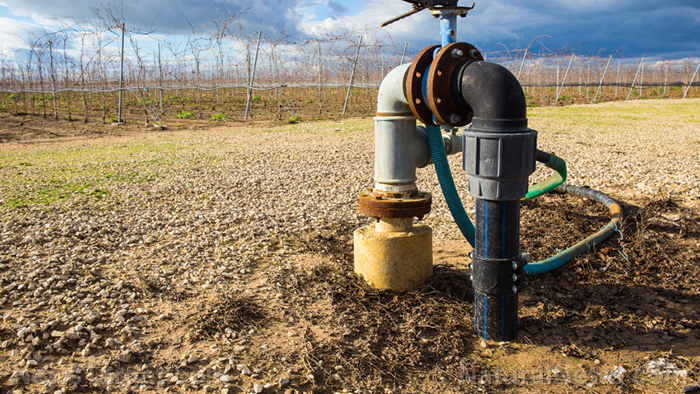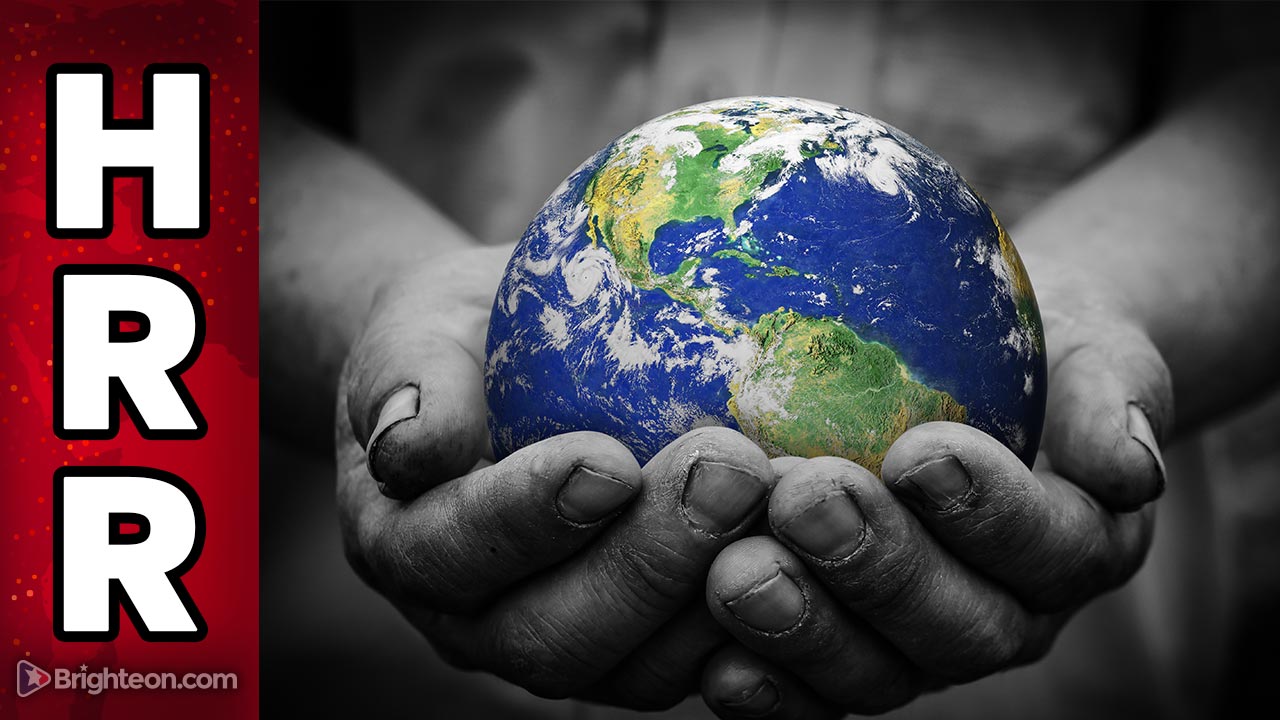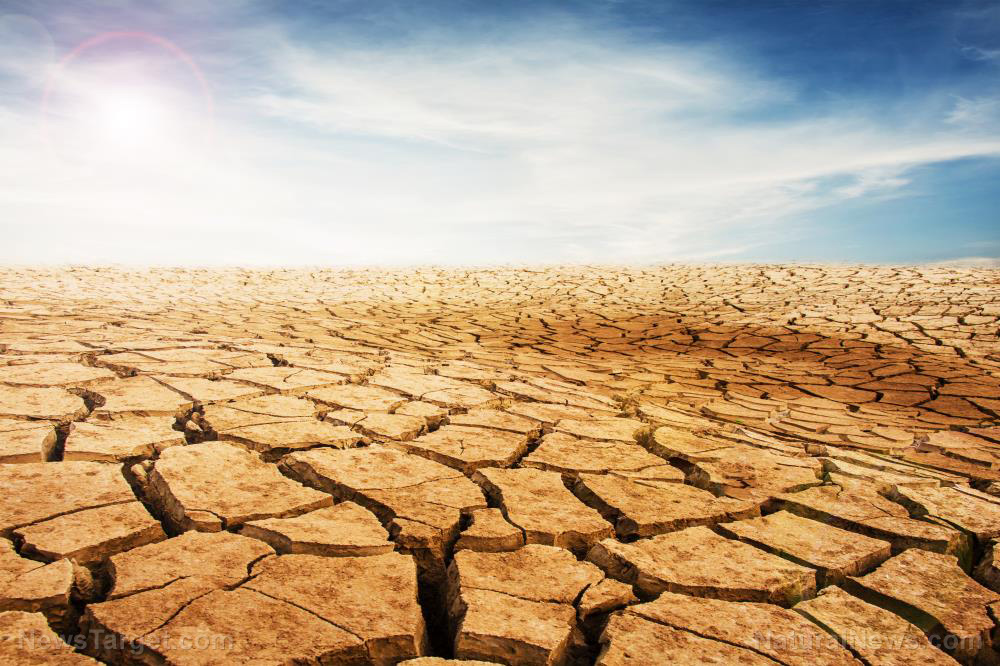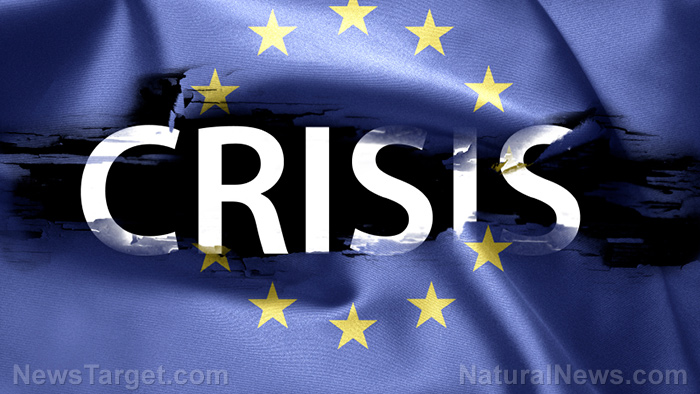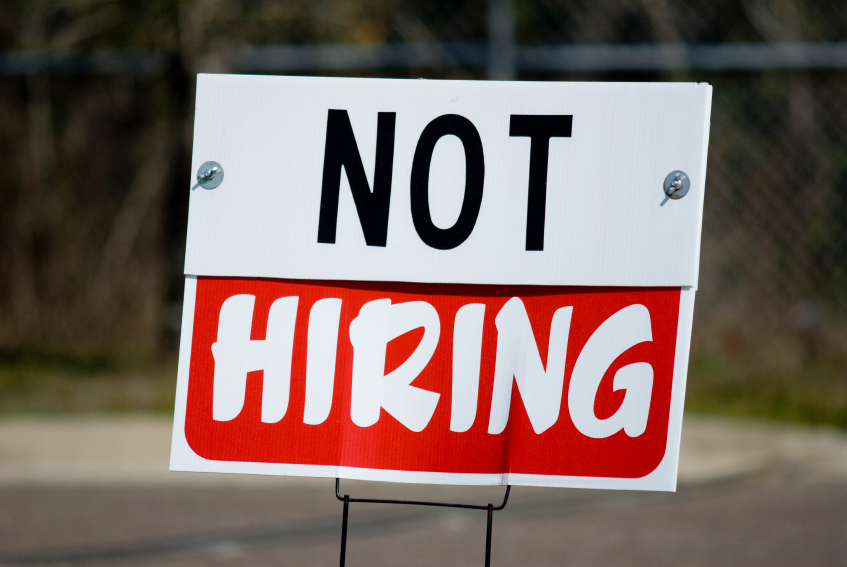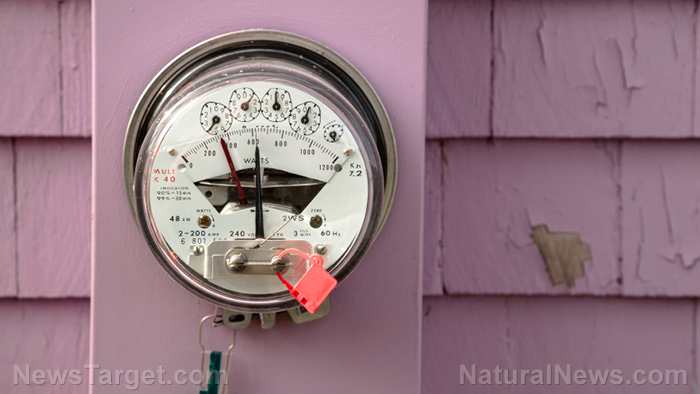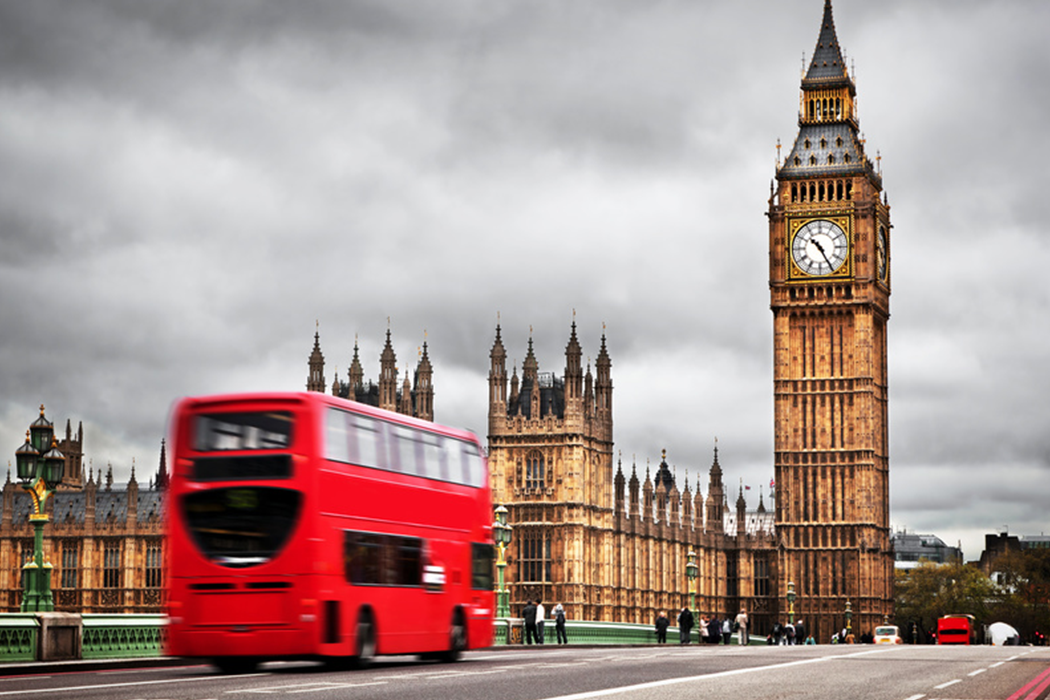Soaring demand for electric heaters could lead to collapse of German power grid this winter
08/19/2022 / By Cassie B.
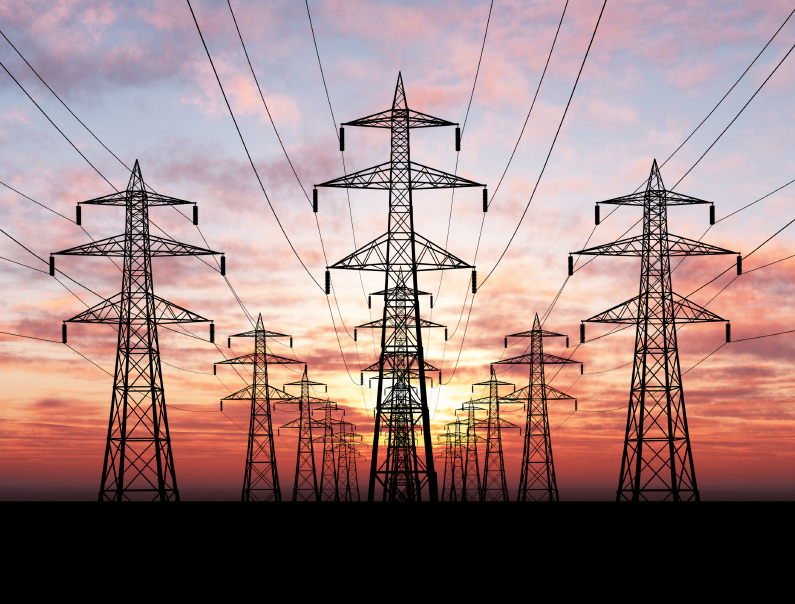
As Germans prepare for a potential energy crisis this winter, sales of electric heaters are surging, and experts are warning that the prevalence of these devices could ultimately lead to blackouts and the collapse of the power grid.
Supplies of stoves and firewood have already been exhausted in Germany, and a panicked public is now turning to electric heaters to have a backup when winter temperatures set in.
The head of the Stadtwerke Wiesbaden Netz utility company, Peter Lautz, told the media that if everyone uses these heaters, which use between 1,000 and 3,000 watts of energy each, it would place the nation’s electricity grid under significant strain. He noted: “If everyone switched on a fan heater at home, it would mean that we would have to almost double the existing network structure on every street.”
During the first half of this year, 600,000 electric heaters were sold. The sales figures represented a 35 percent rise over the usual figures, and the number is expected to continue to climb as winter approaches.
It’s not just electricity to homes that could suffer; experts are also warning about other infrastructure that could be affected by excessive heater use.
Martin Kleimaier of the Association of Electrical Engineering cautioned: “Blackouts would not just hit private household but also affect German infrastructure, including cash payment systems, mobile phone networks, and street lighting. These networks could also be down for long periods of time.”
Moreover, even if the grid could handle it, consumers could end up paying significant amounts of money to use their electric heaters. On average, these heaters cost three times as much to run as a gas heater for the same amount of heat.
Europe’s transition away from Russian gas isn’t going to be easy
The situation stems from Germany’s heavy dependence on Russian gas as well as its reliance on green energy. In particular, Germany’s reliance on Russian energy imports, combined with the repeated reductions in gas deliveries on the part of Gazprom, have led to fears that Russia could cut off supplies in an effort to gain some political leverage over Europe.
Some German cities already have plans in place to use exhibition centers and sports arenas as places where people who cannot afford the country’s climbing energy costs can warm up this winter. Residents have also been instructed to wear more layers of clothing, take fewer showers, and wash their clothes and drive their cars less often.
One German official has predicted there will be rioting over the energy shortages that he says will make the lockdown protests seem like a “children’s birthday party.”
In June, the country took another step closer to rationing gas. Meanwhile, power prices have nearly tripled in Germany this year, rising 19 percent during the first week of July alone. Russia claims gas shipments through Nord Stream to Germany have been cut dramatically for “technical reasons,” but the German government believes it is a political move.
One oil and gas expert, Thomas O’Donnel, predicted: “We will probably be 30% short of natural gas this winter. This means that not everyone will have access to gas and there will be rationing and distribution.”
“Consumers will feel the impact,” he added. “Already in Berlin or in Germany, we have been told that thermostats should be reduced from 22 degrees Celsius to 17, maybe lower.”
It’s something many people will have trouble adjusting to; 17 degrees Celsius equals a chilly 62.6 degrees Fahrenheit. The ideal winter thermostat temperature, according to the U.S. Department of Energy, is 68 degrees Fahrenheit.
The news comes as other European countries make similar moves to cut energy consumption and decrease dependency on Russian gas. All 27 EU member states have been asked to cut gas consumption by 15 percent. France has ordered all air-conditioned shops to close their doors this summer, while the Spanish government has banned air conditioning from being set below 27 degrees Celsius (80.6 degrees Fahrenheit).
Sources for this article include:
Submit a correction >>
Tagged Under:
big government, chaos, collapse, electric heaters, electricity, energy supply, fuel shortage, fuel supply, gas, Germany, heating, panic, power, power grid, power shortage, power supply, rationing, Russia, scarcity
This article may contain statements that reflect the opinion of the author
RECENT NEWS & ARTICLES
COPYRIGHT © 2022 Scarcity.news
All content posted on this site is protected under Free Speech. Scarcity.news is not responsible for content written by contributing authors. The information on this site is provided for educational and entertainment purposes only. It is not intended as a substitute for professional advice of any kind. Scarcity.news assumes no responsibility for the use or misuse of this material. All trademarks, registered trademarks and service marks mentioned on this site are the property of their respective owners.

